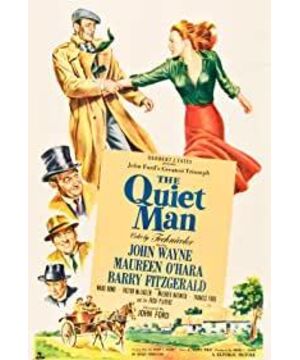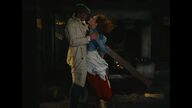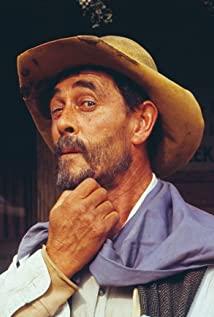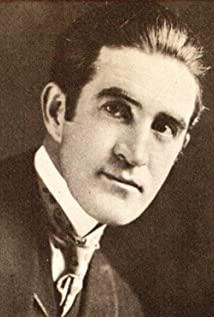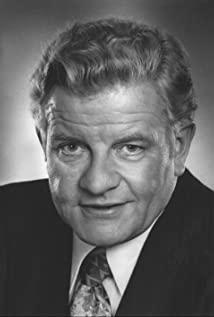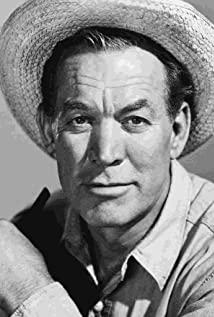"Pengmen Begins to Open" "The Quiet Man" (1953)
A very humorous British comedy, even the performance of every small character is so perfect. But I couldn't write it for a few days after I finished reading it, because it is very difficult for people to think deeply about a love story.
As I summarized in the last film review "Nude Kisses", American movies are accustomed to using the Western movie model to routine some other themes of movies. This movie is still a cowboy movie by its nature. Although the location of the story in the play is in a completely European rural Irish countryside, despite the laughter and relaxed emotional entanglement from beginning to end, it is an idyllic poetic background, but it has a significant symbol of the individual shaped by the protagonist Heroism characteristics. A prodigal son who returned to his hometown in an American metropolis, with the legendary personality charm and super strength (intelligence, force) admired by ordinary disadvantaged groups, with the values of industrial society, in a closed, conservative and backward It’s a small town that fights against shackles, defeats the wicked, saves the trapped, and finally wins the love. This kind of main line is repeatedly used in the action war stories of the western movies, and used in the suspenseful suspense stories of the black crime movies. Used in romantic comedies like this show. Through such a cowboy spirit, the Americans export a set of Western values and ethics, and outline their perfect models of love, family, and society. In this play, we can see the wild love of men and women, the fearless pioneering spirit of capitalism, the chivalry cultivated in Christian civilization, and the creators’ many demands for freedom and equality. In essence, everything is still a continuation of the spiritual core of Dragon Quest and Dragon Quest to save the princess in Greek mythology.
There are three major turning points in the film as a whole. The male protagonist Shanton encounters a beautiful female protagonist on the way back home. In the few shots that were shocked and fell in love at first sight, the image of the woman shepherd in the poetic countryside seems to be a primitive and holy scene in a religious story, with this peacefulness , Transcending the mundane beauty of beauty to reflect the inner character and ideals of the protagonist (a character in the new era), but such beautiful pursuits and ideals are imprisoned in the hands of a few people in the conservative society of this small town, followed by The protagonist forged a grudge against the heroine’s brother because of the bid for land. This was the first turning point. The free love between the hero and the woman encountered double resistance from traditional ethics and private grievances. The man initially wanted to obey the old rules by observing the old rules. He came to achieve success, but failed miserably; then, with the help of everyone, he used the heroine’s brother’s selfishness and tricks to deceive the official relationship with the heroine. This is the second turning point; immediately after the wedding, the heroine’s brother found himself Being deceived, annoyed into anger, and annoyed not to provide a dowry for her sister’s marriage, this directly caused the heroine to refuse to accept the union with the protagonist after the wedding because of her strong vanity and ambition, and even ran away for this reason. This is also a traditional concept for the protagonist. A strong obstruction of the new values represented, this is the third turning point of the plot; after these three turning points, the plot ushered in a climax, the male protagonist angrily brought the running away woman to her brother in a violent way. , Then threw all the money paid by the brother into the stove, declared war on the traditional bad habits of the town in the most fierce way, and defeated the heroine’s elder brother in an individualistic way such as boxing duels-the incarnation of the impediment to progress and stingy ——And welcomed his respect. In the end, the whole play draws a comedy to an end in an atmosphere of reunion.
Note that the entire "Dragon Quest" process has gone through the three stages of "compromise-wit-fighting". The final victory did not rely on emotional and moral influence, nor did it rely on persuasion from legal logic, but with a kind of persuasion. It is intriguing that the aggressive force came to brutally end the predicament. The place where a man originally wanted to return to the peach field, that kind of peaceful and quiet homeland ideal, and his yearning for a peaceful and happy family life in heaven, must finally be realized through violence. The name of the film is "The Peaceful Man", but it is peaceful. People fail to remain calm in the end. Why is this? Is this a positive proliferation of American political and economic logic? Or is the director's irony on real issues?
The role of the heroine is the biggest highlight in the whole film. Her performance accurately shaped the unique charm of a woman who longed for independence, and portrayed the dilemma between conservative and enterprising women in social development. We can summarize this film as "The Taming of the Shrew" from a female perspective. However, this "The Taming of the Shrew" is completely opposite to Shakespeare's "The Taming of the Shrew". The latter is tamed by the old values. New values, and "The Peaceful Man" is using new values to tame old values. In the film, priests and priests who represent religious beliefs have always stood firmly in the camp of new values, so I think this film can A drama of contemporary significance alongside Shakespeare's "The Taming of the Shrew".
View more about The Quiet Man reviews


